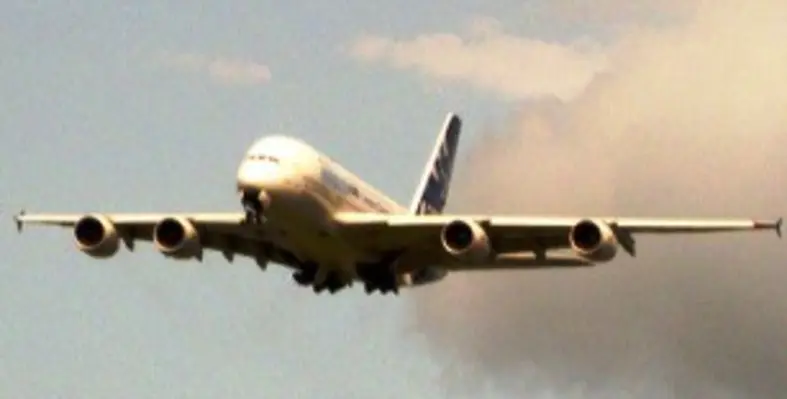Alexandre de Juniac, director general and CEO at International Air Transport Association (IATA), has urged the global governments and the air cargo industry to focus on three priorities to accommodate the expanding demand for air cargo and ensure economic and social benefits of aviation
The address came at the 13th World Cargo Symposium.
The three priorities include accelerating the speed of process modernisation; implementing and enforcing global standards; keeping borders open to trade.
Demand for air cargo grew by 3.5 per cent in 2018, a significant deceleration from 2017 which saw growth of 9.7 per cent. Weakening global trade, sagging consumer confidence and geopolitical headwinds contributed to a general slowdown in demand growth commencing in mid-2018, according to de Juniac.
January 2019 saw a year-on-year contraction of 1.8 per cent.
Modernisation
Aligned with a resolution on modernising air cargo from the 2017 IATA Annual General Meeting, IATA called for faster progress on the digitisation of the supply chain and more effective use of data to drive improvements in operational quality. The industry?s digital vision is focused on four areas ? global implementation of the e-air waybill (e-AWB); universal adoption of a common data language ? Cargo XML standards; smart data sharing; and use of performance data to drive quality improvements.
Prioritising the modernisation of air cargo facilities, de Juniac said, ?The e-commerce world is looking for fully automated high-rack warehouses, with autonomous green vehicles navigating through the facility and employees equipped with artificial intelligence and augmented reality tools. The average cargo warehouse today is an impressive sight. But there is a huge gap to fill.?
?The problem is not technology. The problem is the speed to market. It?s exceptionally tough to drive change in a global industry with a huge number of stakeholders where safety is a top priority. But it is not mission impossible. I challenge stakeholders to find ways to drive critical change at the speed our customers expect,? added de Juniac.
Global Standards
IATA urged governments to ensure that global standards are consistently implemented and enforced when necessary. In this regard, de Juniac highlighted on:
? Global standards for the safe transport of lithium batteries
? Implementation of global agreements to make trade simpler, cheaper and faster
Borders to open for trade
IATA urged governments to keep borders open to trade. ?Protectionism, trade friction, BREXIT and anti-globalisation rhetoric are part of a genre of developments that pose risk to our business and broadly across the economies of the world. We need to be a strong voice reminding governments that the work of aviation, including air cargo, is critically important. Trade generates prosperity. And there are no long-term winners from trade wars or protectionist measures,? stated de Juniac.







